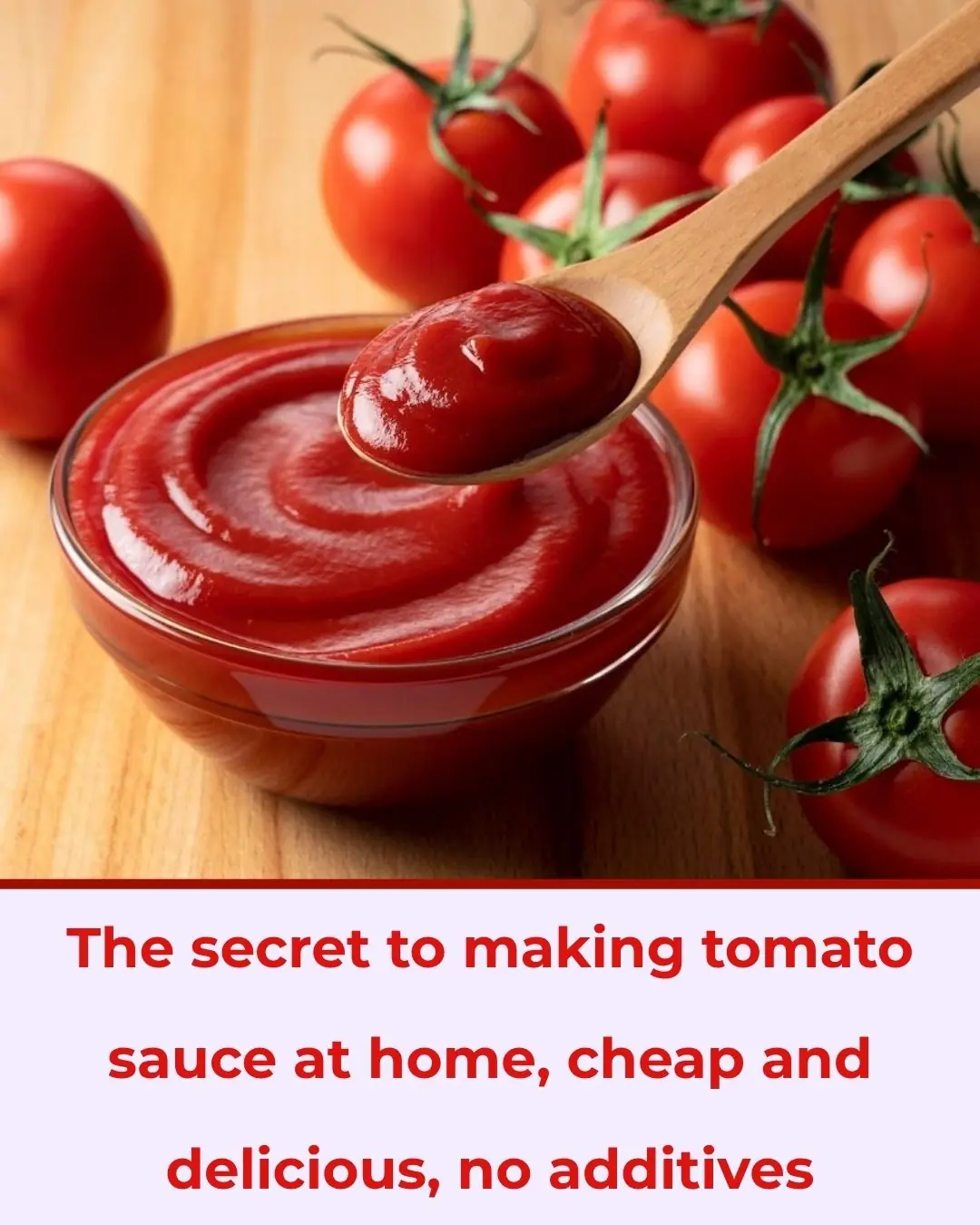
Stop putting these 10 things in the dishwasher
The dishwasher has become a modern kitchen essential, saving countless hours of manual labor and making cleanup more efficient. Its ability to clean multiple dishes, utensils, and cookware with the simple push of a button is undeniably tempting. However, not all kitchen items are suited for this convenient appliance. Placing certain items in the dishwasher can lead to damage, shorten their lifespan, and even pose safety risks.
Knowing which items should stay out of the dishwasher is key to preserving their durability, appearance, and functionality. In this article, we cover 11 kitchen items that should never go in the dishwasher and explain why they require special care during cleaning.
1. Wooden Utensils: Prone to Warping and Cracking
Wooden spoons, spatulas, and cutting boards are beloved in kitchens for their durability and gentle touch on cookware. However, dishwashers are extremely harsh on wood. The combination of high heat, prolonged water exposure, and aggressive detergents can cause wood to warp, crack, or lose its natural finish.
Repeated moisture exposure causes wood to expand and contract, resulting in structural stress. Dishwasher detergents can also strip natural oils from the wood, leaving it brittle. To extend the life of wooden utensils, wash them by hand with mild soap and warm water, then dry immediately with a towel. Periodically applying a small amount of mineral oil can also keep the wood nourished and prevent cracking.
2. Cast Iron: Seasoning Lost, Rust Risk Increased
Cast iron cookware is valued for its heat retention and naturally nonstick surface, developed through seasoning—a process that layers oil on the pan to protect it and enhance cooking performance. Dishwashers can completely remove this seasoning, leaving the pan vulnerable to rust and food sticking.
Harsh detergents and high temperatures are too aggressive for cast iron. Instead, scrub with a stiff brush and hot water, avoid soap if possible, dry immediately, and lightly coat with oil before storing. Proper care will preserve the pan for generations.
3. Sharp Knives: Blade Dulling and Damage
A sharp chef’s knife is a kitchen essential for both efficiency and safety. Unfortunately, dishwashers are not knife-friendly. The jostling of items can cause blades to collide with other utensils, dulling them quickly. Over time, high heat and strong detergents can also degrade the metal, weakening the knife’s edge.
To maintain sharpness, wash knives by hand with warm water and mild soap, then dry immediately to prevent rust. Storing knives in a block or on a magnetic strip also protects the edges.
4. Nonstick Pans: Coating Wear and Chemical Risks
Nonstick cookware makes cooking and cleanup effortless, but its coating is sensitive to heat and harsh detergents. Dishwasher cycles can cause the coating to flake, deteriorate, and lose its effectiveness. Once damaged, nonstick pans may release harmful chemicals during cooking.
For longevity, hand wash nonstick pans with a soft sponge and mild detergent, avoiding abrasive scrubbers that can scratch the surface. Proper care ensures both safety and extended usability.
5. Crystal Glassware: Risk of Etching and Chipping
Crystal glassware is often reserved for special occasions due to its elegance and clarity. However, the dishwasher’s high temperatures and strong detergents can etch or permanently fog crystal, dulling its shine. The movement of items in the dishwasher can also cause chipping or cracking.
To keep crystal pristine, hand wash with gentle detergent and lukewarm water, then dry with a soft cloth. For delicate or antique pieces, consider using a soft brush to clean intricate designs.
6. Insulated Mugs and Tumblers: Vacuum Seal Damage
Insulated mugs and tumblers rely on a vacuum seal to maintain temperature. High dishwasher heat can compromise this seal, causing leaks and reducing insulation effectiveness.
Hand washing with warm water and mild soap is best, and leave lids off while air drying to prevent moisture from weakening seals. This ensures your drinkware maintains its thermal performance for years.
7. Aluminum Cookware: Discoloration and Pitting
Aluminum is lightweight and an excellent heat conductor, but dishwasher detergents can cause oxidation, discoloration, and pitting, affecting both appearance and performance. Over time, these changes can make cookware look worn and even compromise cooking quality.
To prevent damage, wash aluminum pots and pans by hand with mild detergent and avoid abrasive scrubbers. Polishing occasionally can also help maintain their original shine.
8. Gold-Plated Dishware: Fading and Tarnishing
Gold-plated dishes and cutlery elevate any dining experience, but their delicate surface is vulnerable. High dishwasher heat and detergents can strip the gold plating, leaving the underlying metal exposed and prone to tarnish.
Always hand wash gold-plated items with warm water and gentle detergent, then dry carefully with a soft cloth to maintain their luxurious finish.
9. Copper Pots and Pans: Tarnishing and Warping
Copper cookware is prized for its excellent heat conductivity and aesthetic appeal, yet it is highly reactive to dishwasher conditions. Detergents and high heat can tarnish, dull, or even warp copper, reducing its functionality and visual appeal.
To preserve copper cookware, clean by hand with a copper cleaner or a mixture of lemon juice and salt, then dry thoroughly. Regular polishing keeps copper gleaming while maintaining performance.
10. Hollow-Handled Knives: Handle Loosening
Hollow-handled knives are designed for balance and comfort, but the adhesive joining the handle to the blade can weaken in a dishwasher. This can lead to loose handles and unsafe use.
For longevity and safety, wash by hand with warm water and mild detergent, then dry immediately to prevent moisture from compromising the adhesive.
11. Soft Plastics: Warping and Melting
Soft plastics, including certain food storage containers and lids, are highly susceptible to heat. Dishwasher cycles can warp or melt these items, causing lids to no longer fit and containers to lose their shape.
Always check manufacturer instructions for dishwasher safety. When in doubt, wash by hand with warm soapy water and allow items to air dry. This simple step prevents wasted containers and messy leaks.
Final Thoughts
While the dishwasher offers unmatched convenience, not every kitchen item can withstand its powerful jets, high heat, and harsh detergents. By understanding which items require gentle, hands-on care, you can extend the life of your cookware, utensils, and glassware, while also keeping them safe and functional. When in doubt, err on the side of caution and wash by hand—your kitchen items will thank you.
News in the same category


The garden has 4 plants. Rắn mê loves them so much, but if you want the whole family to be safe, you should pull them out immediately.
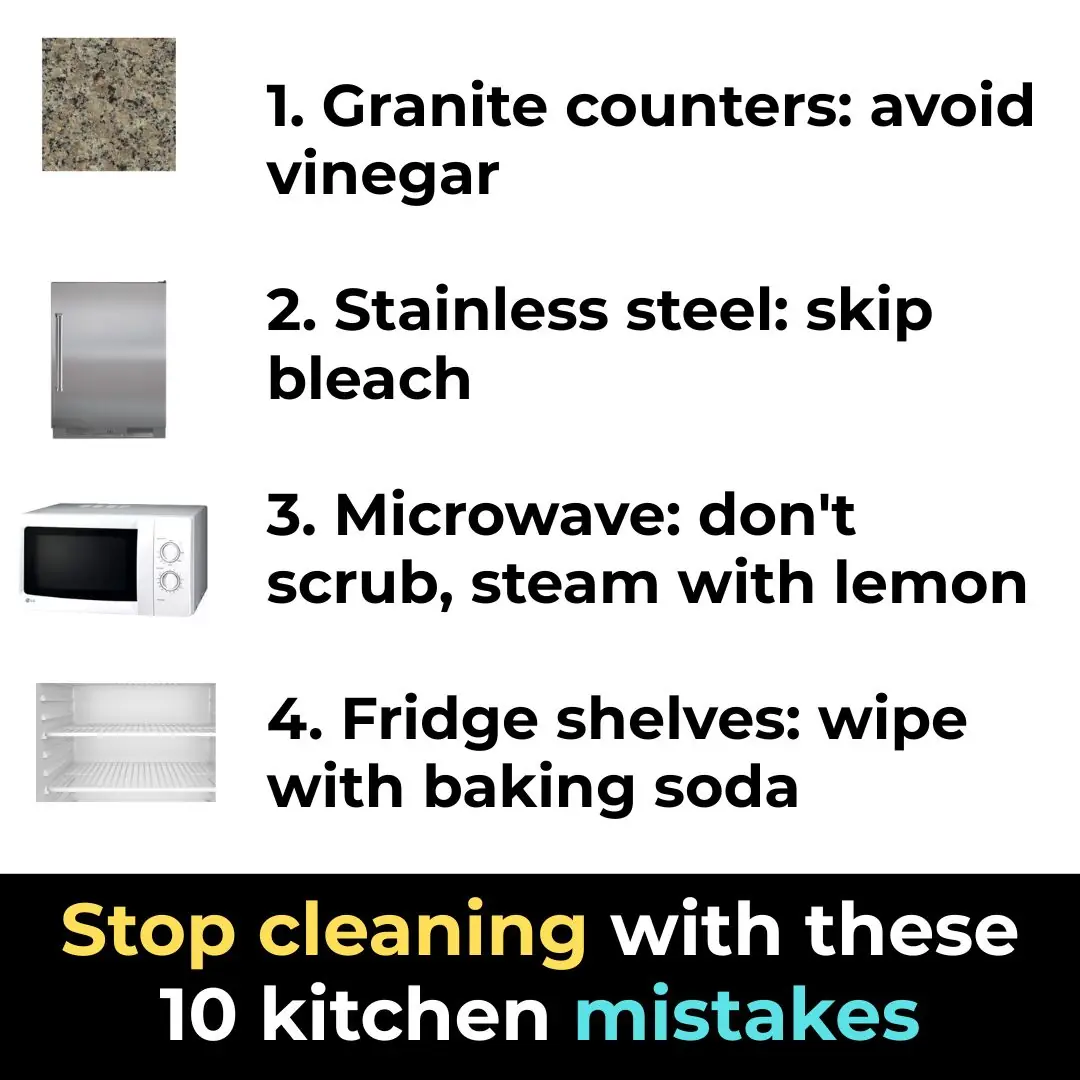
Stop cleaning with these 10 kitchen mistakes

Tips to help hair grow faster, reduce hair loss, and make it shiny by washing your hair with beer
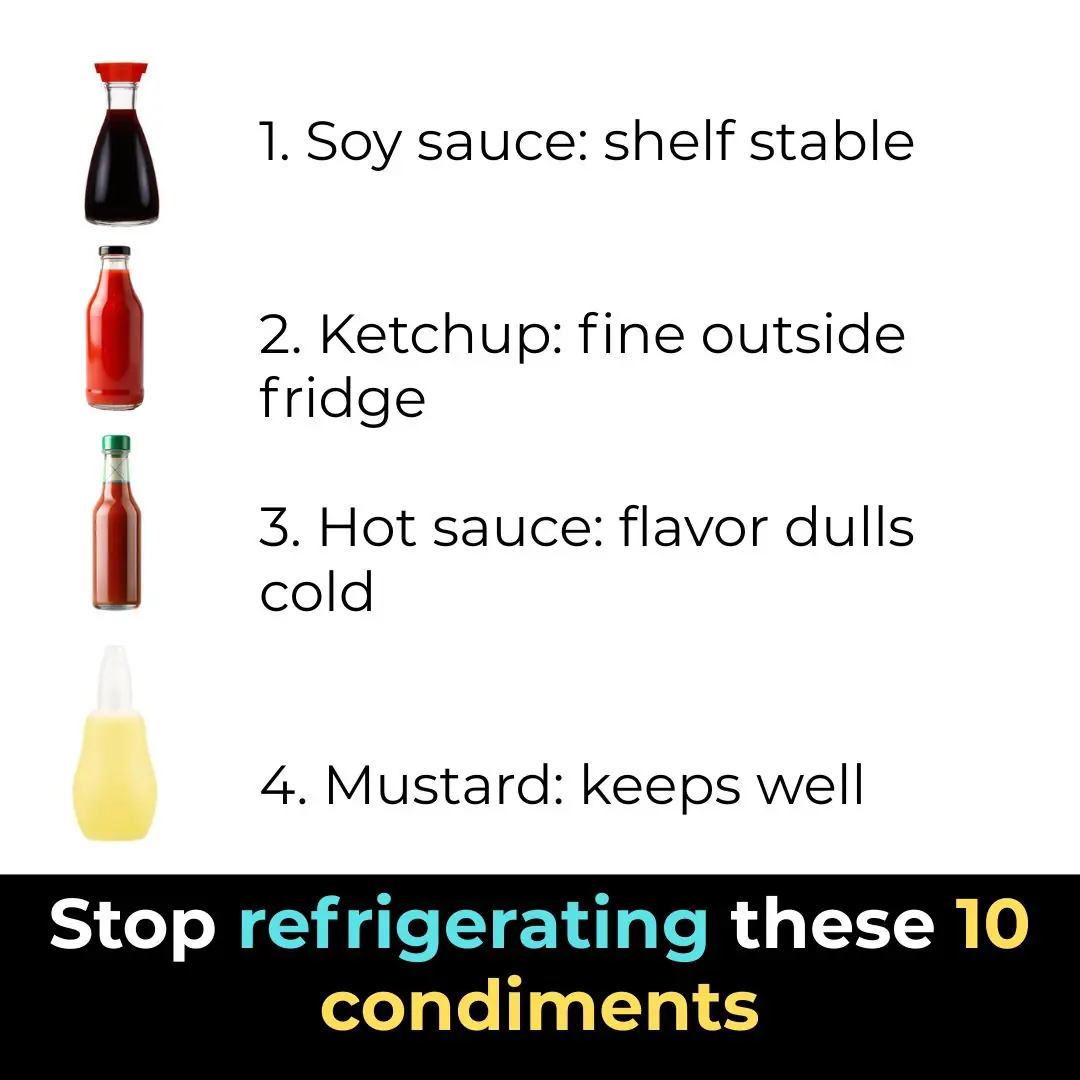
Stop refrigerating these 10 condiments

Put an empty plastic bottle in the washing machine, I admit the person who came up with this trick has a "top notch" IQ

Too many geckos in the house, here's a little trick to make them 'go away and never come back'

You're doing it all wrong. Here’s the right way to store herbs

You’re doing it all wrong. Here’s the right way to dust furniture

Help! My 8-year-old was bitten by this strange bug, and I’m really worried. My sister-in-law nearby has seen similar ones. Any idea what it is?

Seeing that my neighbor had a jar of sour star fruit soaked in rock sugar, I asked him to find out how many uses it has

Glass windows get dirty very quickly, here are some tips to help you clean them from the inside out.
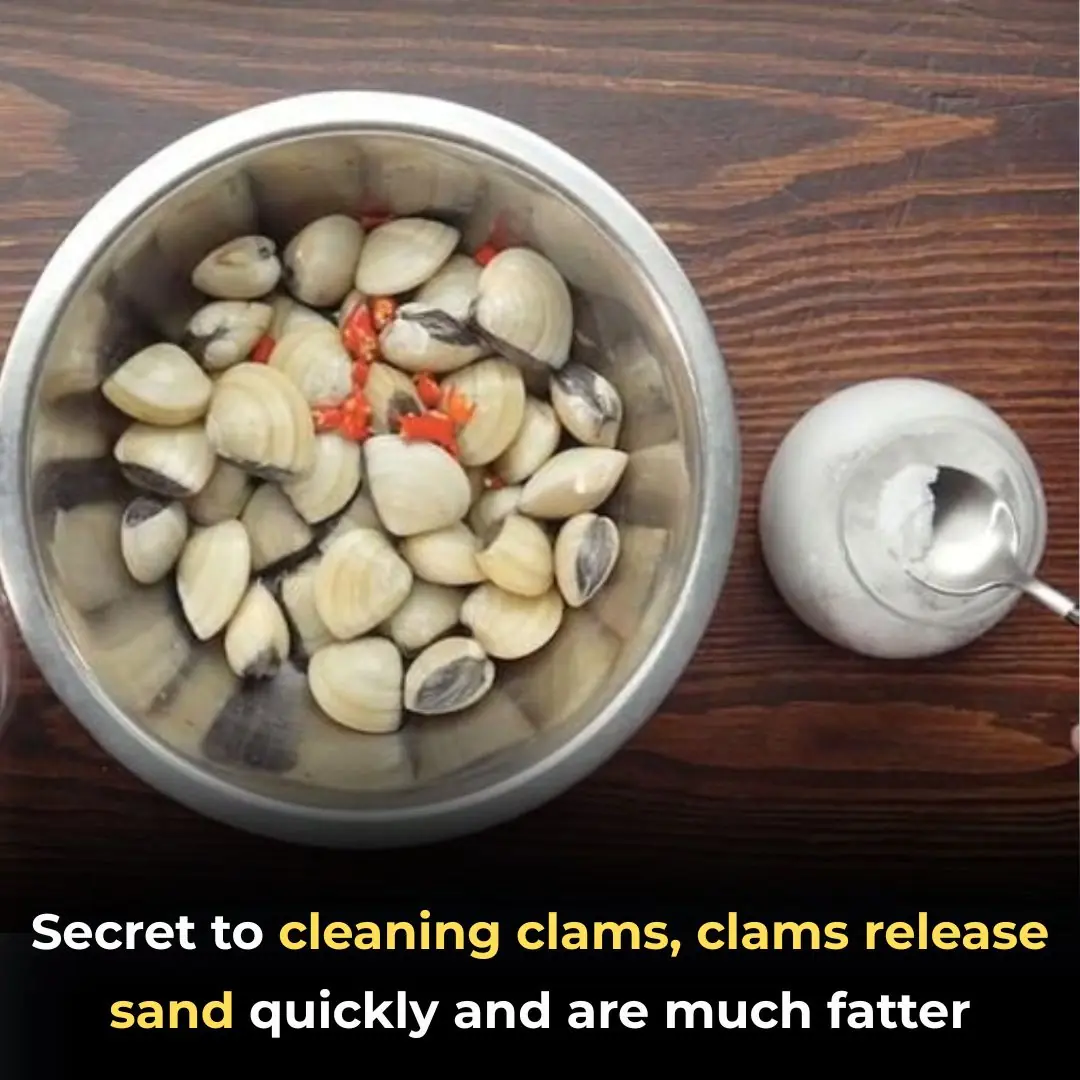
Secret to cleaning clams, clams release sand quickly and are much fatter
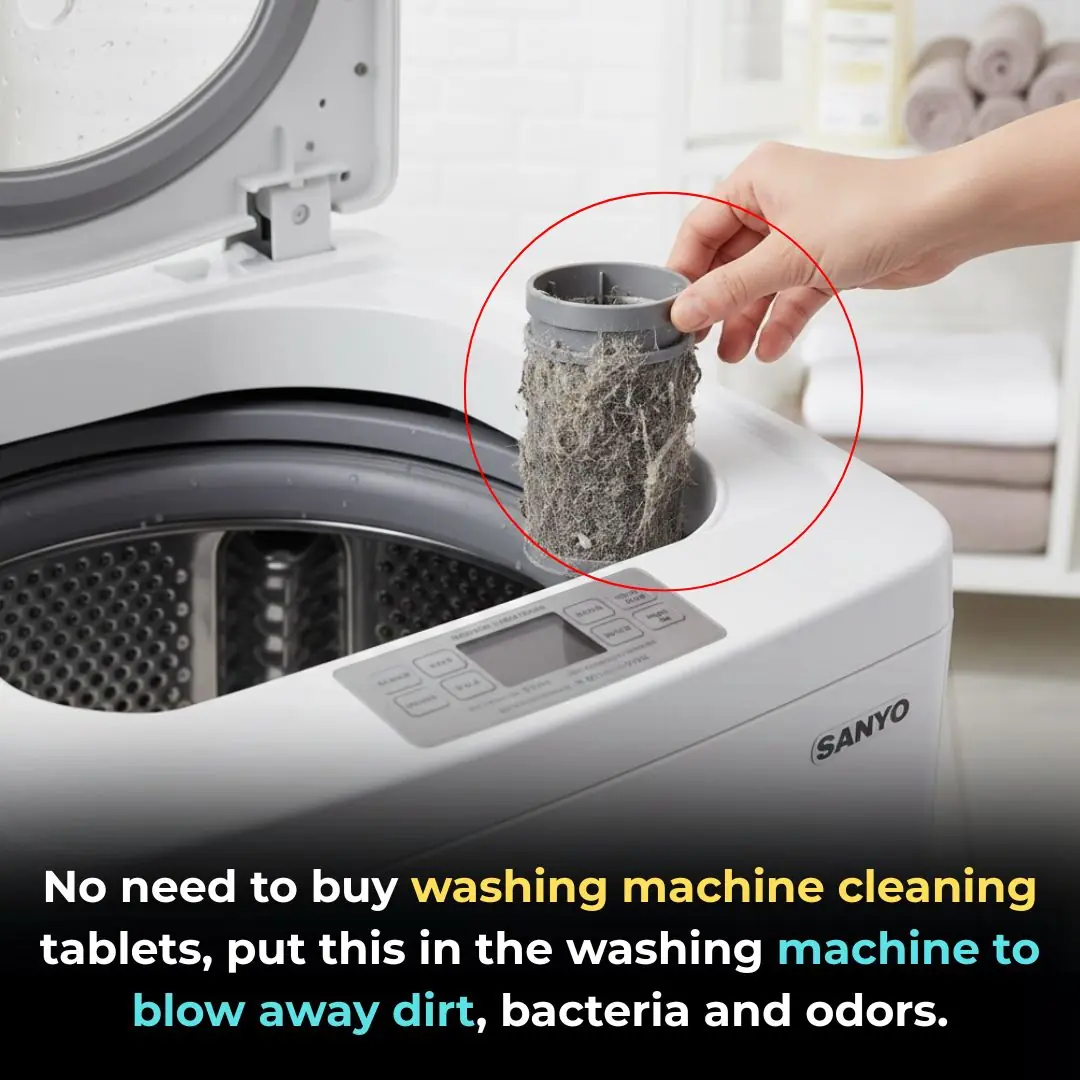
No need to buy washing machine cleaning tablets, put this in the washing machine to blow away dirt, bacteria and odors.

Roast sweet potatoes at home with a rice cooker or air fryer and they still have the same fragrant aroma as grilled on charcoal thanks to this secret.

Tips for braising fish so it doesn't smell fishy and cooks quickly. It's delicious whether you braise sea fish or freshwater fish.

Cook delicious crab soup, clam soup, not fishy, with floating crab roe: Just remember these 2 steps

Toilet has yellow residue, flush this thing immediately to clean it in just 1 night

Stop buying these 10 cleaning scams

Green onions are easy to rot when bought: Store them this way to keep them fresh for a whole month
News Post

Saw This Trick For Oven Cleaning

I Refused Cholesterol Meds and Tried This Instead — The Results Surprised Me

The Woman Next Door Who Saved a Little Girl’s Heart.

Japanese Secret to Erase Wrinkles | Rice & Clove Anti-Aging Remedy

The secret to making tomato sauce at home, cheap and delicious, no additives

The garden has 4 plants. Rắn mê loves them so much, but if you want the whole family to be safe, you should pull them out immediately.

Stop cleaning with these 10 kitchen mistakes

Tips to help hair grow faster, reduce hair loss, and make it shiny by washing your hair with beer

Stop refrigerating these 10 condiments

Put an empty plastic bottle in the washing machine, I admit the person who came up with this trick has a "top notch" IQ

Too many geckos in the house, here's a little trick to make them 'go away and never come back'

You're doing it all wrong. Here’s the right way to store herbs

You’re doing it all wrong. Here’s the right way to dust furniture

Help! My 8-year-old was bitten by this strange bug, and I’m really worried. My sister-in-law nearby has seen similar ones. Any idea what it is?

This New Jersey Woman Plants Nursery Inside An Abandoned Police Kiosk

Rice Aloe Face Wash: Japanese DIY For No Wrinkles, Tighten Pores, Clear Skin
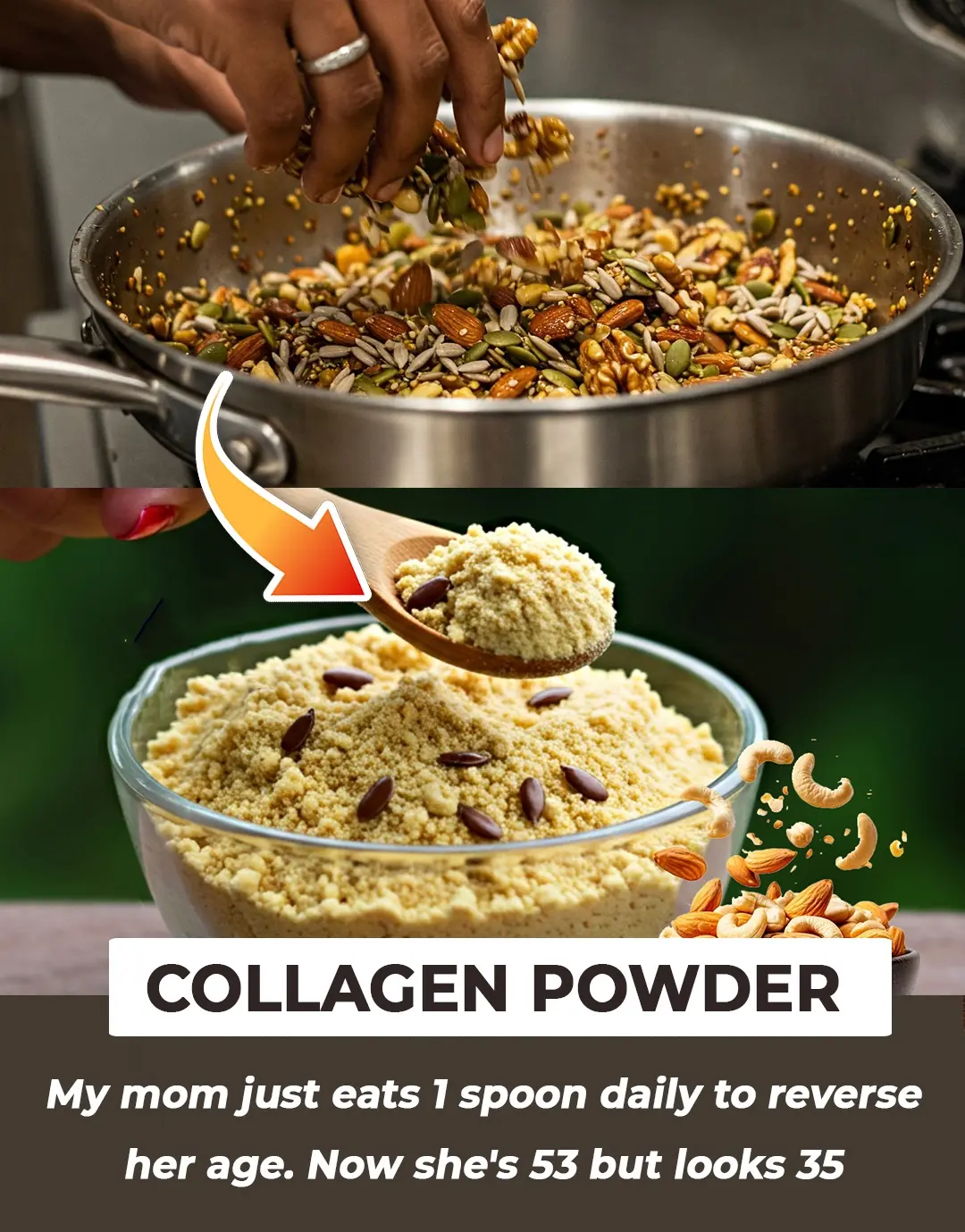
DIY Collagen Powder Recipe for Glowing Skin & Thick Hair

This Hair Oil Recipe Will Stop Hair Fall in Just One Use!

How To Use Onion juice & Onion Hair Oil For Hair Growth: 4 Powerful Ways To Boost Your Locks Naturally
